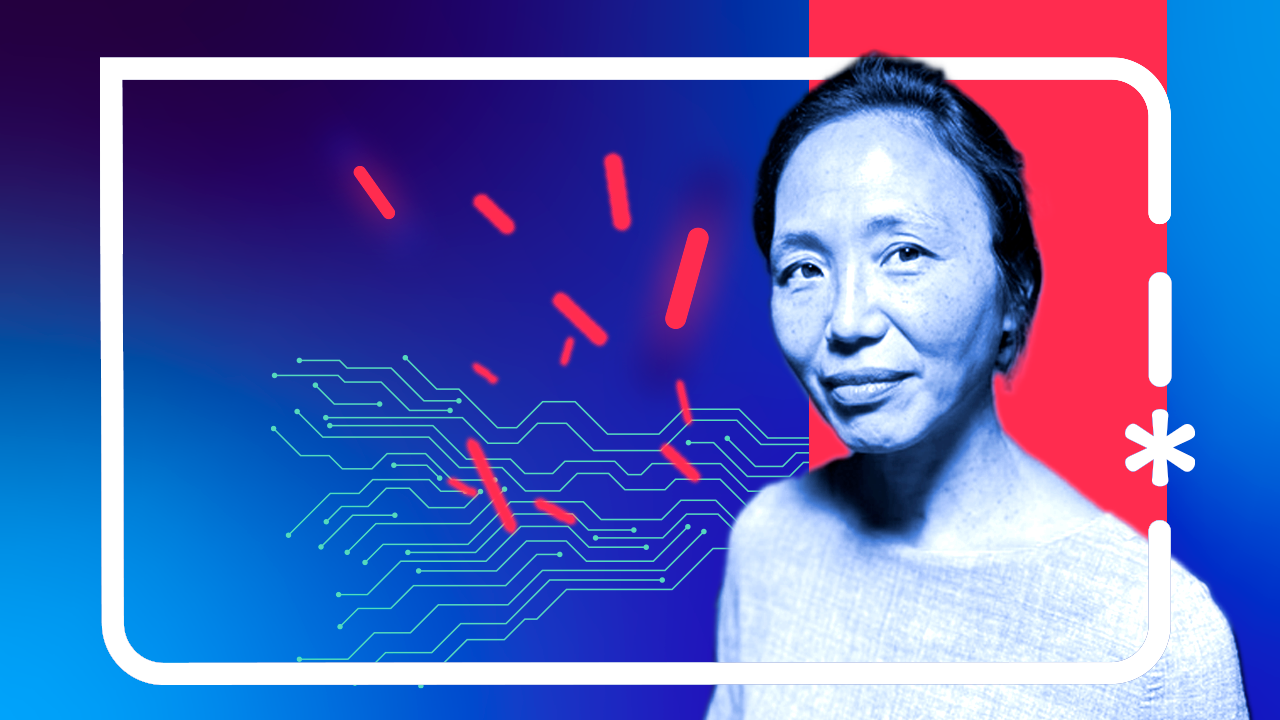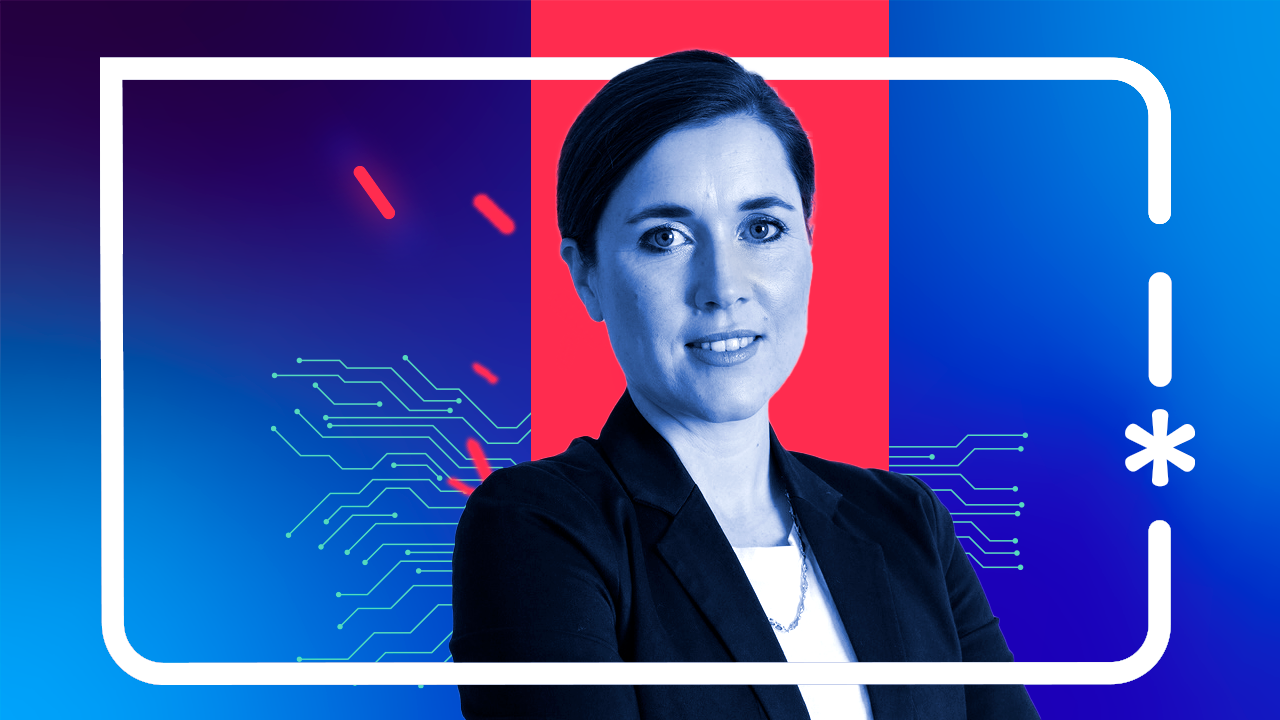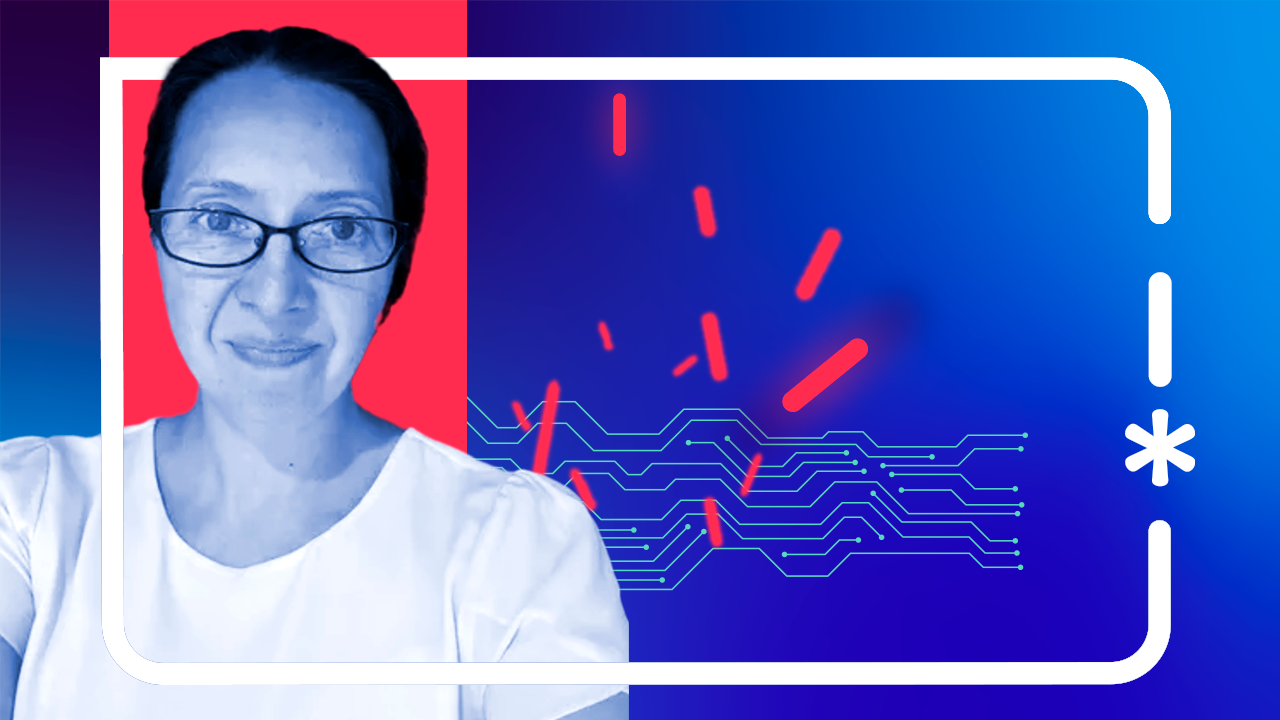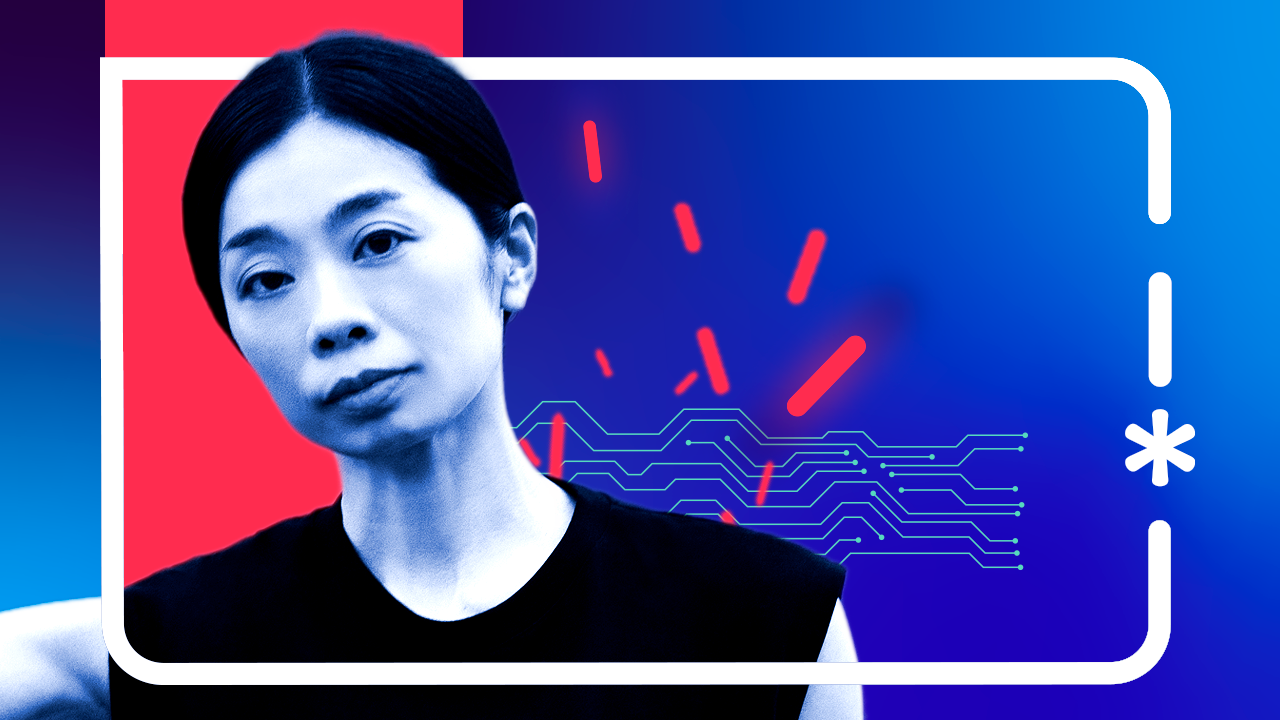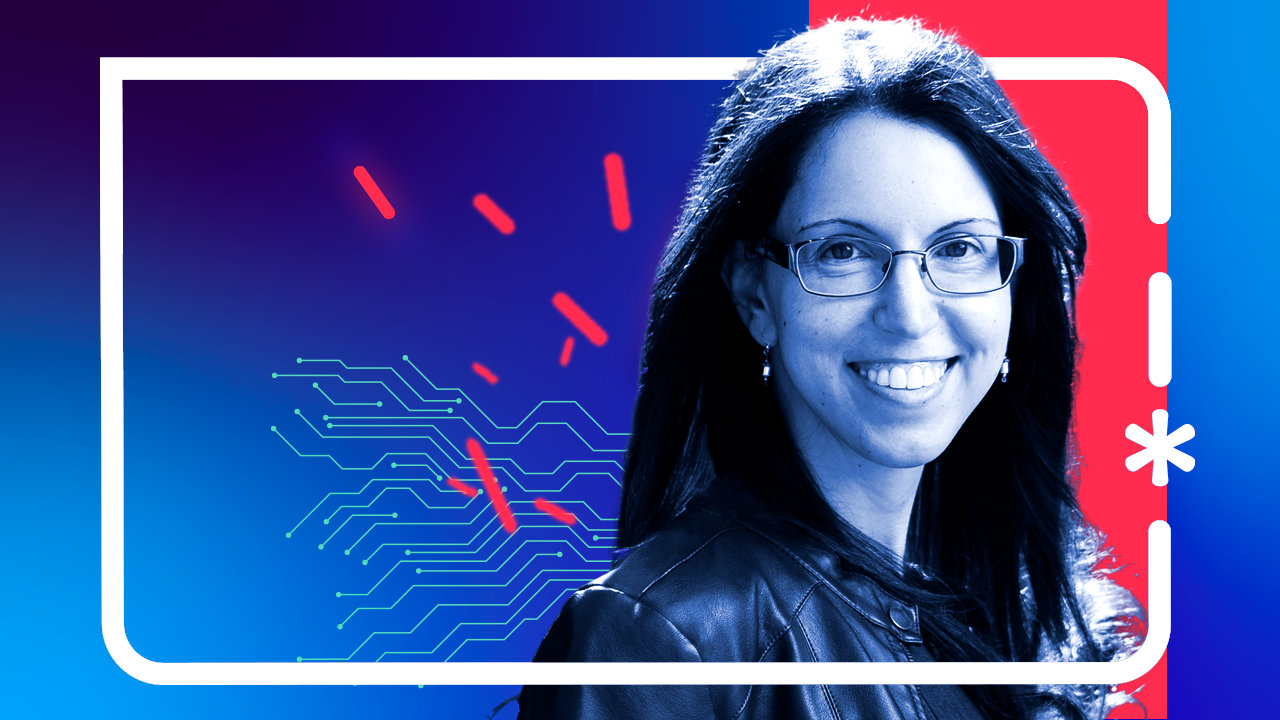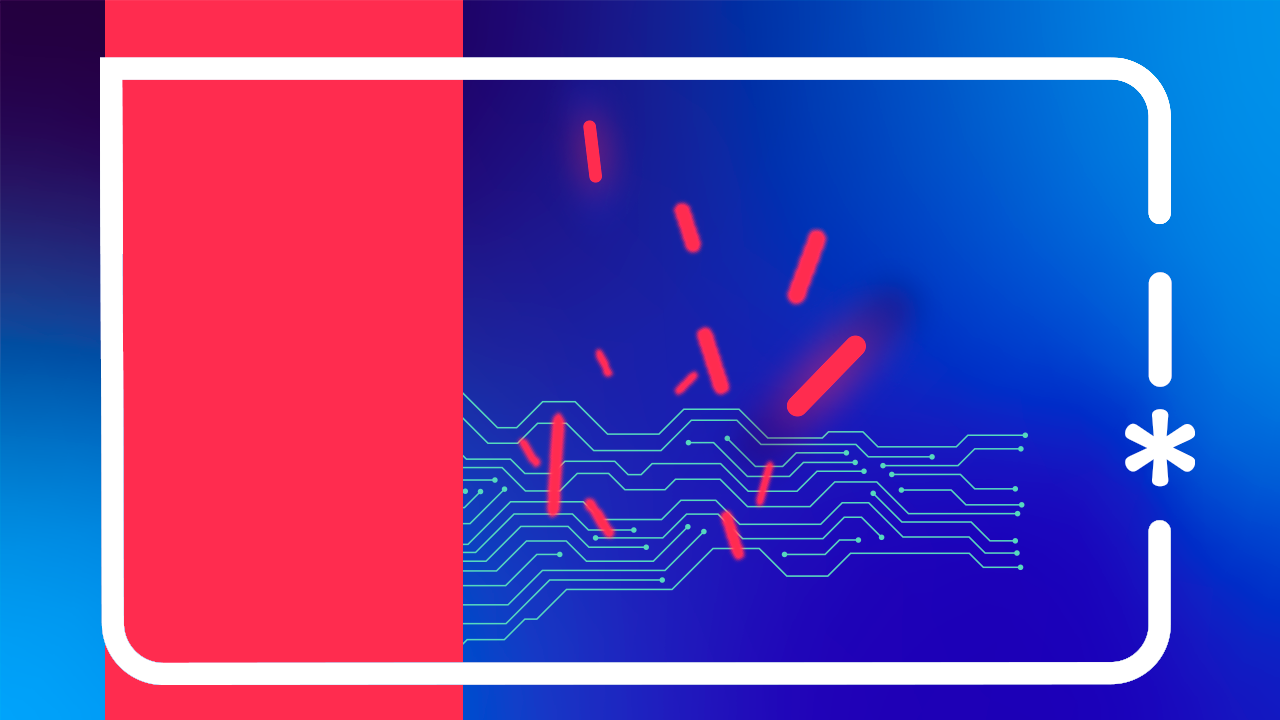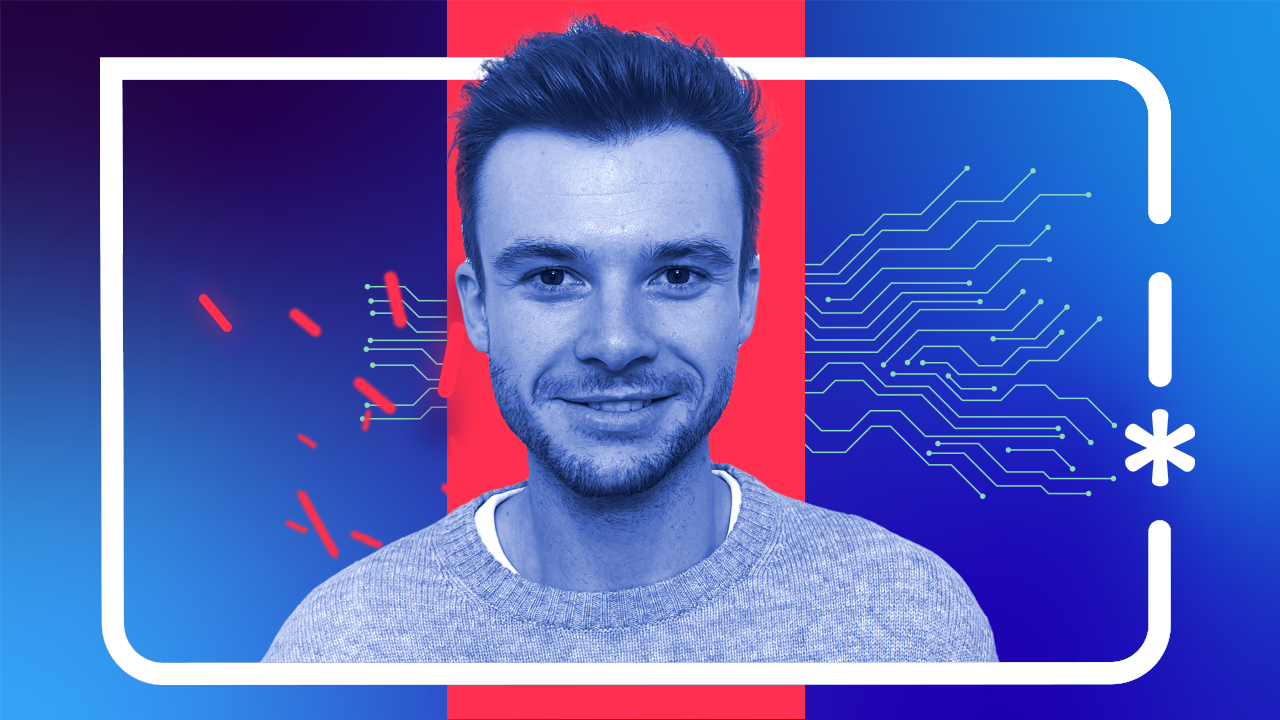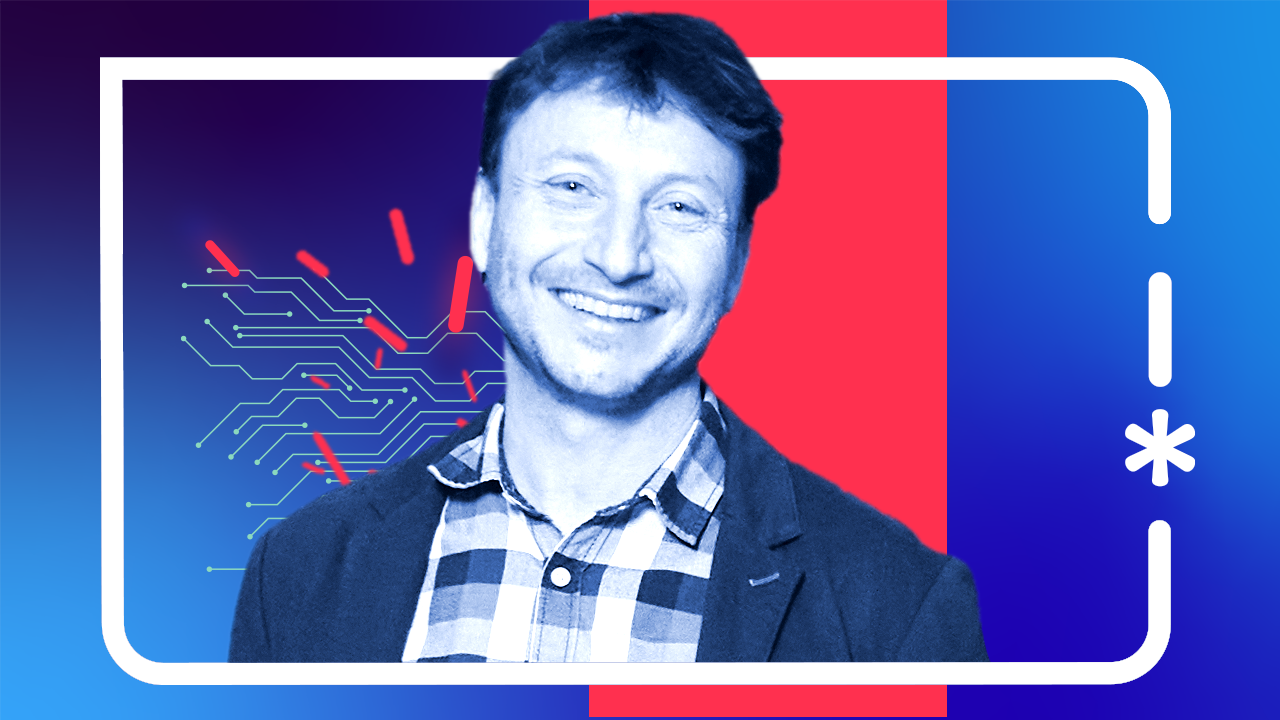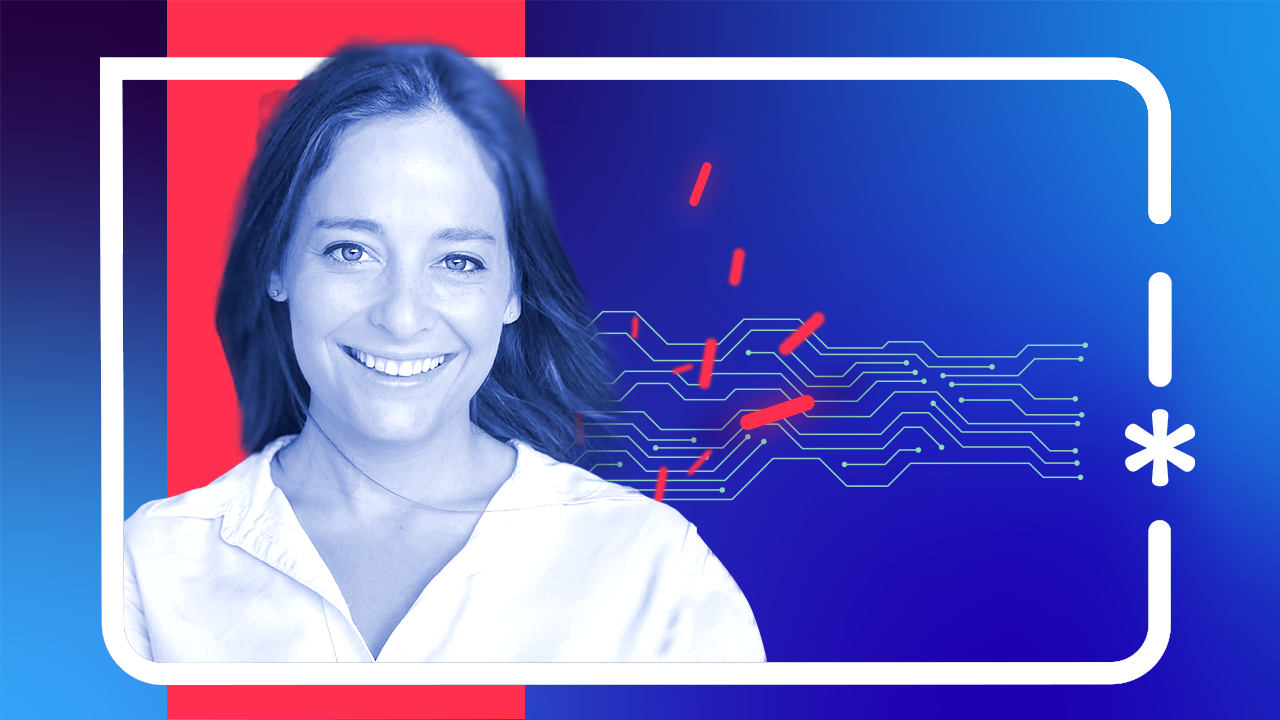Bio
Nicole Yunger Halpern is a theoretical physicist at the Joint Center for Quantum Information and Computer Science at the University of Maryland. Nicole reenvisions the science of energy, developed during the 1800s, for the 21st century, using the mathematical tools of quantum computing. She has dubbed this research “quantum steampunk,” after the steampunk genre of art and literature that juxtaposes Victorian settings with futuristic technologies. The field’s insights and aesthetic form the subject of her book for the general public, Quantum Steampunk: The Physics of Yesterday’s Tomorrow. The book received the PROSE Award for Popular Science and Mathematics from the Association of American Publishers. Nicole earned her PhD at Caltech, winning the international Ilya Prigogine Prize for an energy-science thesis. She won the International Quantum Technology Emerging Researcher Award from Britain’s Institute of Physics as a postdoctoral fellow at Harvard. In 2023, Nicole received the U.S. ASPIRE Prize for young scientists. Nicole has written over 100 articles for the blog Quantum Frontiers and suspects that a copy of her is a novelist in some parallel universe. You can follow her on Twitter @nicoleyh11.
Interview with Nicole Yunger Halpern by Antonella del Rosso from CERN IT.
Shaping the infrastructure that is woven into our everyday life: that’s what quantum computing will do.
Theoretical physicist and book author Nicole Yunger Halpern reflects on the present and future of quantum computing and the impact that such a technology will have in our lives.
The upcoming Sparks! event on 16th November will feature a talk by Nicole Yunger Halpern. Author of “Quantum Steampunk: The Physics of Yesterday’s Tomorrow”. Nicole is an award-winning theoretical physicist who, according to her description on the Sparks! webpages, “re-envisions the science of energy, developed during the 1800s, for the 21st century, using the mathematical tools of quantum computing.” The details of Nicole’s scientific activity are well described in her popular book, featuring drawings inspired by the steampunk genre of art and literature that juxtaposes Victorian settings with futuristic technologies.
To the layperson, the combination of “quantum” and “computing” might sound like an obscure new type of technology that, although not understood, has the potential to change the world like several other computing technologies have done in the past. Together with artificial intelligence and big data (all correlated matters), it is amongst the most discussed topics and the most referred to innovations that we should all get prepared for.
Nicole, in your opinion, why is quantum computing so much in the spotlight now and yet almost no-one (experts excluded) understands what that is?
NYH: “Quantum computing is in the spotlight because quantum experimentalists’ capabilities have advanced enormously over the past few decades; quantum computing can impact information security, research and development, and other topics of broad importance to society; and funding has been flowing into quantum information science from governments, companies, scientific-funding institutions, and universities.
Every scientific advance requires explaining to the public; for instance, every time a Nobel Prize in science is awarded, a flurry of articles and videos crop up to explain it. The notion of quantum computing is such an advance and so requires such explanations. Unfortunately, over the decades, people have branded quantum physics as impossible to understand. I believe that this reputation is unjustified, as I’ve argued in a blog post. Fortunately, the quantum-computing community has been investing deeply in education and outreach. Videos, free online courses, master’s programs, and even games for instilling intuition about quantum physics abound. Articles have been appearing everywhere from Wired to Time. Even my book contains a chapter about quantum computing. A wealth of information is available, and I hope that it’ll lead future generations to think of quantum
